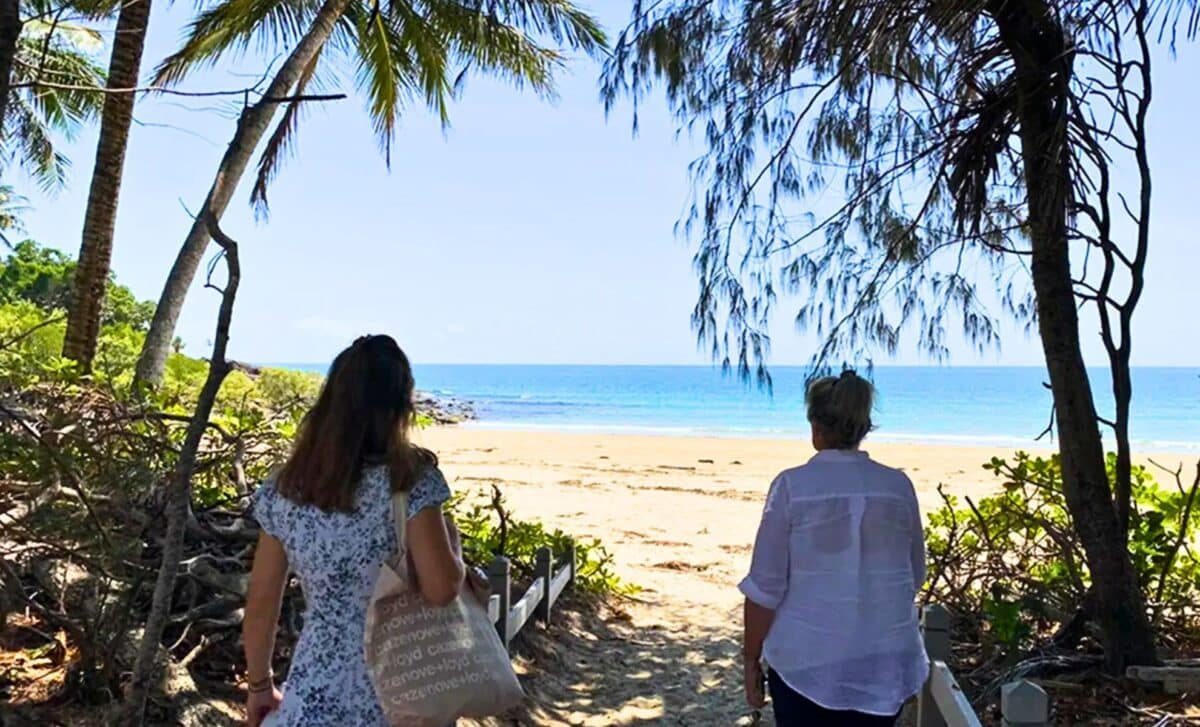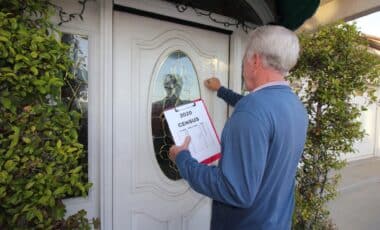Far North Queensland, a gateway to some of Australia’s most iconic destinations such as the Great Barrier Reef and the Daintree Rainforest, is exploring the implementation of a visitor levy to address its growing tourism demands. Known as a “bed tax,” the proposed levy aims to fund critical infrastructure improvements and support sustainable tourism development across the region.
Cairns: The Focal Point of the Levy Discussion
The city of Cairns, a popular hub for international backpackers and eco-tourists, sits at the heart of this proposal. Tourism Tropical North Queensland (TTNQ) chief executive Mark Olsen explained the rationale, noting that “over 340 cities in 100 countries around the world have put in forms of levies, so we are open to the opportunity.”
According to Olsen, a levy would help fund facilities and services that directly benefit tourists and the local community, addressing pressures created by the steady influx of visitors. Cairns alone is expected to attract tens of thousands of additional tourists annually over the next 20 years, underscoring the urgent need for proactive measures.
Local and Global Examples Bolster the Argument
The idea of a tourism tax is not new. Cairns Mayor Amy Eden cited examples from international destinations such as Venice, where levies have successfully funded infrastructure upgrades. She estimated that a 2.5% charge on accommodation bills in her council area could generate up to $19 million annually, helping to alleviate the financial burden on local taxpayers.
Currently, an environmental management charge of approximately $7.80 is already added to tickets for Great Barrier Reef tours. Mark Olsen noted that the fee, which accounts for nearly 4% of the total cost of reef visits, has not discouraged tourists. Instead, he said, “What did change visitation is perception of coral bleaching and the impact of climate change on our natural world.”
Mixed Reactions from Travelers
The proposal has sparked debate among tourists. Morgan Wulff, a 23-year-old Canadian backpacker from a town near Banff, which imposes its own entry fees, said, “If it was five bucks, yeah, wouldn’t sweat it. If I’m getting taxed just to be here, then, no, thanks.”
Swiss backpacker Leonie Bruhin, 24, shared her experiences with similar levies in Europe but expressed skepticism about whether funds are used effectively. German traveler Olivia Leisenberg, 20, added that while a tax wouldn’t deter her from visiting Australia, it could influence her choice of destinations within the country. “Australia is an expensive country, I would say, for backpackers,” she remarked.
Legislative Hurdles and Future Strategies
Despite gaining support from a majority of Queensland councils in 2022, implementing a visitor levy requires legislative reform. Tourism Minister Andrew Powell acknowledged the divided opinions among local governments, stating, “At this stage, I am supporting the conversation being had around it.” He emphasized the importance of consultation as part of Queensland’s Destination 2045 strategy.
Meanwhile, Brian Hennessy, international sales manager at Sunlover Reef Cruises, voiced optimism about the initiative. “I did about 25 weeks outside Australia last year promoting this region and the vast majority of destinations that I traveled to charge some sort of infrastructure tax, bed tax, whatever you want to call it,” he said.
Ensuring Regional Benefits
Cairns MP and opposition tourism spokesman Michael Healy supported the idea under one condition: “The money needs to go back to the regional council, not down to Brisbane, where if it did, I suspect we’d be going cap in hand back down there.” Healy’s comments underscore concerns that funds collected locally should remain in the region to directly benefit its residents and tourism industry.









